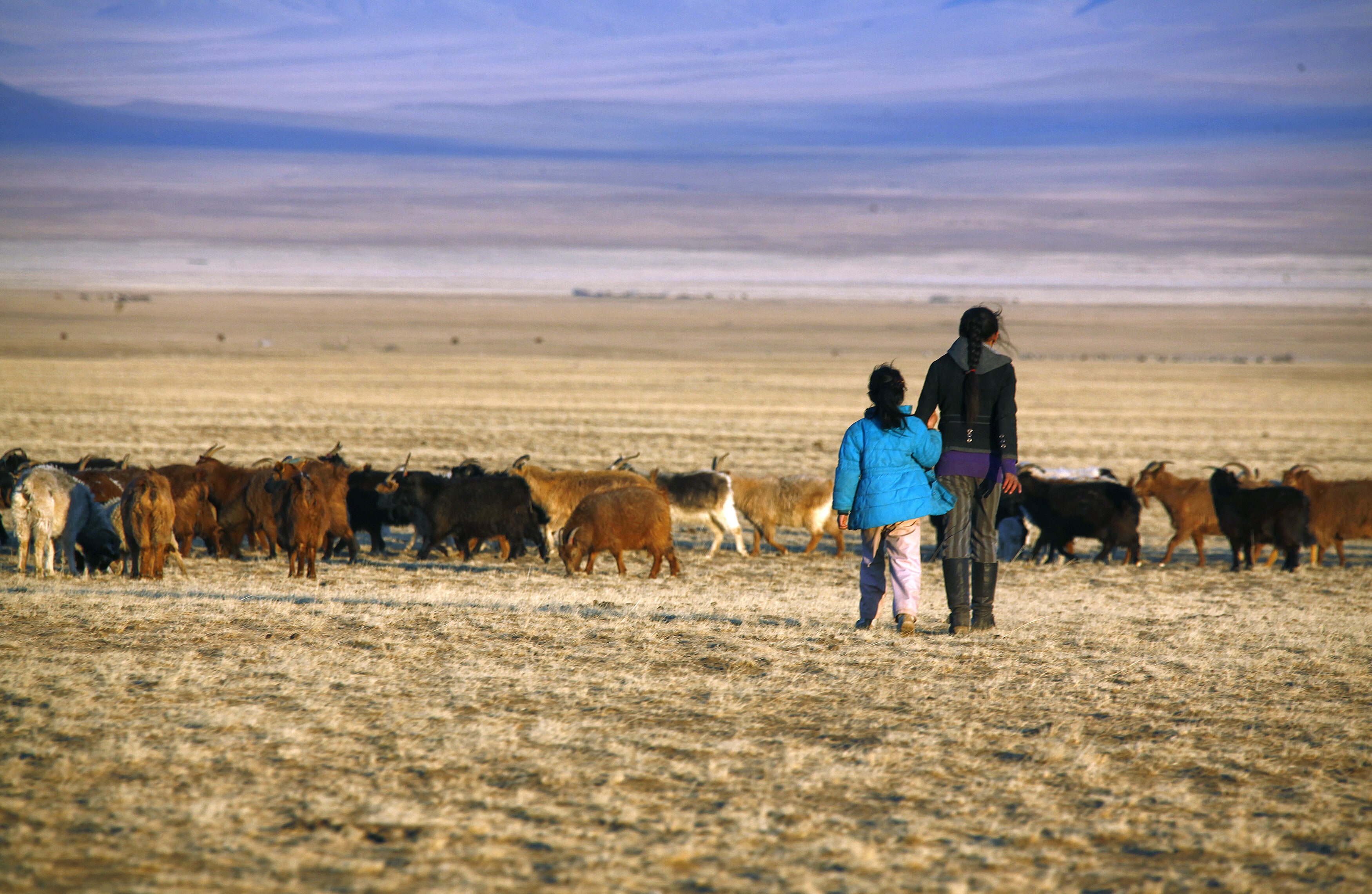Why women should have a greater role in peacebuilding
Stay up to date:
Gender Inequality
A high-level review of United Nations Security Council (UNSC) resolution 1325, expected to be released in October this year, provides an opportunity for policymakers to move beyond the rhetoric of gender mainstreaming and start putting words into practice. Resolution 1325 underlines the need for gender-sensitive approaches to peace and stability in post-conflict contexts.
Although the inclusion of women in peacebuilding processes has gained momentum in policy discussions over the last 15 years, the number of women in decision-making positions remains relatively small. Peacebuilding is the foundation for creating sustainable human security and equitable development in countries emerging from conflict. UNSC resolution 1325 recognises that women are disproportionally affected by conflict, and to address this, women should play a key role in achieving lasting peace after conflict.
A major challenge is that women are often not perceived to have the skills, knowledge or social status needed to bring about change in post-conflict environments. Changing this requires a mind-shift by negotiators and mediators on how they view the role of women. The integration of women in key post-conflict processes can take various forms.
Women played a role in bridging clan divisions and acting as mediators
The cases of Liberia and Somalia, for instance, show some of the different ways in which women have been involved in peace processes. In Liberia, women’s peacebuilding participation included activities such as education and skills training, communal farming and group micro-loans that encourage women to collaborate to improve their quality of life.
The participation of women in decision-making and community development varied. In the River Gee area, women’s participation was low. This was linked to a general lack of women’s participation in decision-making at home or in the community due to traditional roles. In the Grand Gedeh region, however, educated women were invited to participate in the peacebuilding processes. The difference between the two regions can be attributed to the varying levels of women’s freedom to participate in the community.
In Somalia, elder men were seen to exclude women from formal decision-making forums where negotiations for peace took place. Somali clan-based politics are inherently gendered, which meant that typically women did not participate in the peace talks. Yet, women still played a role in bridging clan divisions and acting as mediators. While the men focused on political power and settlement, women focused on sustainable livelihoods, education, truth and reconciliation.
Traditional practices often carry more weight than a country’s constitution
The UNSC has passed a number of resolutions aimed at addressing the roles of women in peace and security agenda. While these legal frameworks have increased awareness of how conflict impacts on women specifically, calling for greater participation of women in transforming conflict-affected societies, the UNSC has not been widely successful in rolling out these strategies. Only 9% of negotiators during peace talks are women.
Women occupying parliamentary seats in conflict-affected countries were four points below the global average of 22%; and occupied only 13% of ministerial positions. Within peacekeeping missions specifically, women’s share of senior positions has been declining from 21% to 19% between 2011 and 2013.
Although countries’ laws are important for recognising gender equality, they do not guarantee it in practice, and cannot ensure that women will receive the necessary space to be part of the peace process. Traditional and/or religious practices often carry more weight than a country’s constitution, even in places where the law calls for women to play a greater role in decision-making forums.
Women are primarily seen as victims of conflict – as opposed to perpetrators, or agents of change
By being included in prevention and response strategies, women can play an active role towards sustainable peace. A start would be to engage with women at the very beginning of peace processes. Studies have shown that gender mainstreaming can only be effective when accompanied by strong empowerment structures – where women have greater voices in the public sphere, and resources are allocated to human development priorities.
But, allocations to peacebuilding projects with the objective of addressing women’s specific needs and advancing gender equality or empowering women remain below the 15% targetof UN-managed funds as envisioned by the Secretary-General. In Africa, resolution 1325 implementation strategies should be geared towards the development of national action plans that include more women in peace processes, such as that of the Democratic Republic of Congo. The AU Commission on Women, Peace and Security also recommends that women, peace and security should be mainstreamed into national strategies.
To make policies more effective, strategic steps need to be taken. Women are still primarily seen as victims of conflict – as opposed to perpetrators, or agents of change – which means that responses mostly deal with aspects of sexual and gender-based violence. Given that women’s roles in conflict are complex, there is a need for relevant systematic policy research and analysis, including on issues related to dispute-resolution, access to justice and economic empowerment. A lot of research is needed on conflict analysis and how peacebuilding can be happen in a way that is more inclusive of women. How the interests and needs of women can be incorporated must also be researched.
Inclusion does not only mean promoting women’s participation in formal settings, but also recognising where they have impact. Many instances of gender inclusivity have come through informal structures, such as the influence women have within their families, which often goes unrecognised. In Sierra Leone for example, women formed civil society groups that worked at increasing women’s participation in decision-making forums.
The review of UNSC resolution 1325 is still focused on the rhetoric, and progress has been slow and limited. Moving forward, the review should consider how best to fast track the involvement of women in the peacebuilding process, and to ensure that women viewed as agents of positive change in post-conflict settings. As long as a clear strategy is not developed on how to put the resolution into practice, significant improvement in women’s representation in peacebuilding will remain low, and prospects for sustainable peace will stay dim.
This article is published in collaboration with ISS Africa. Publication does not imply endorsement of views by the World Economic Forum.
To keep up with the Agenda subscribe to our weekly newsletter.
Author: Liezelle Kumalo is a Junior Researcher, Conflict Management and Peacebuilding Division, ISS Pretoria.
Image: Soldiers stand near a monument during a ceremony to honour the World War Two defenders of Donetsk from Nazi forces in Donetsk September 8, 2014. REUTERS/Marko Djurica.
Don't miss any update on this topic
Create a free account and access your personalized content collection with our latest publications and analyses.
License and Republishing
World Economic Forum articles may be republished in accordance with the Creative Commons Attribution-NonCommercial-NoDerivatives 4.0 International Public License, and in accordance with our Terms of Use.
The views expressed in this article are those of the author alone and not the World Economic Forum.
Forum Stories newsletter
Bringing you weekly curated insights and analysis on the global issues that matter.
More on Equity, Diversity and InclusionSee all
Bolor-Erdene Battsengel and Grace Marr
September 4, 2025
Tariq Bin Hendi
August 26, 2025
Katy Talikowska
August 18, 2025
Jürgen Karl Zattler and Adrian Severin Schmieg
August 18, 2025




